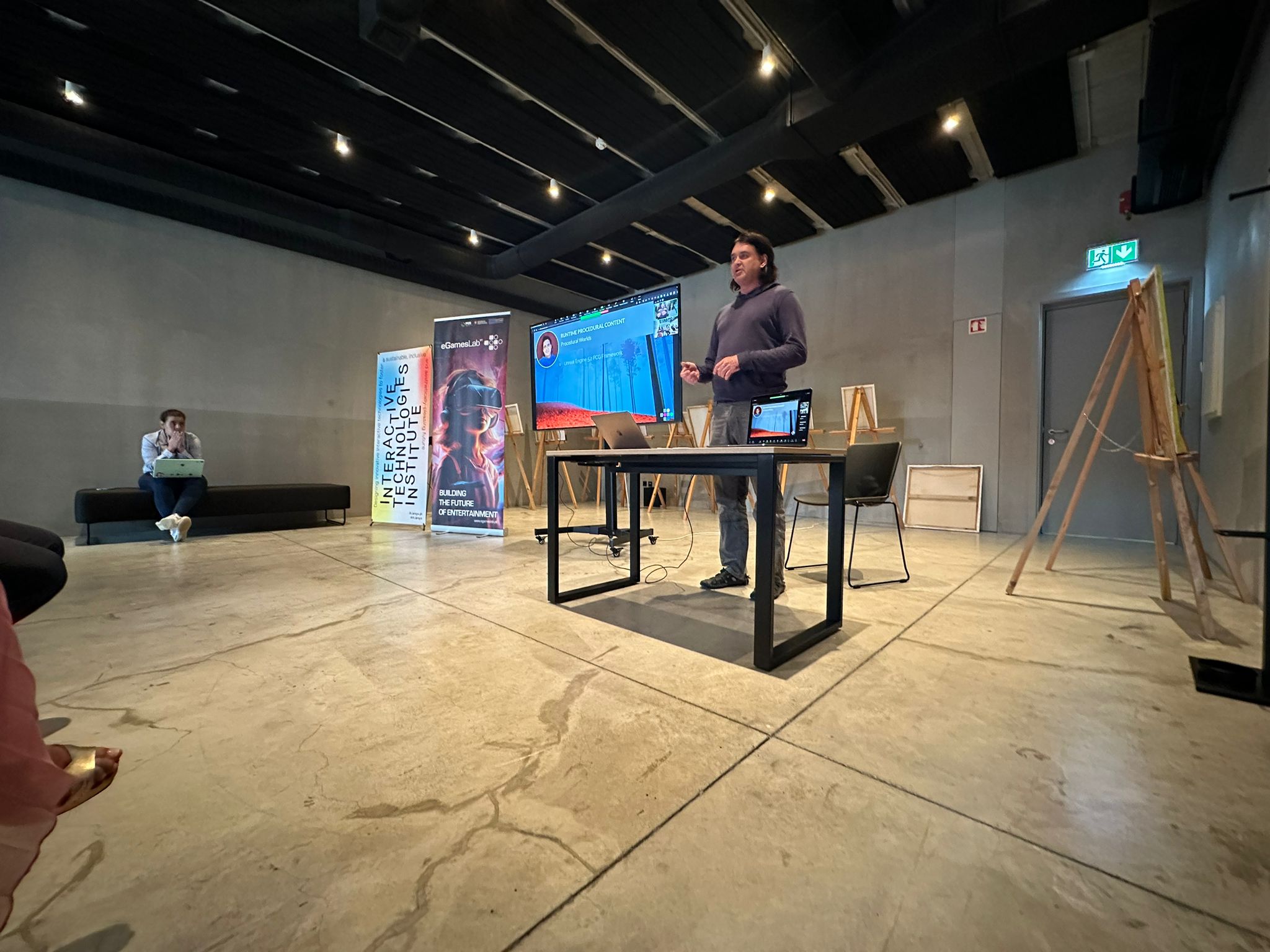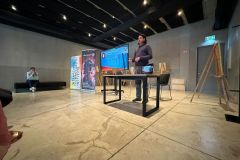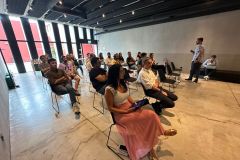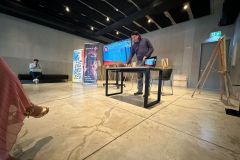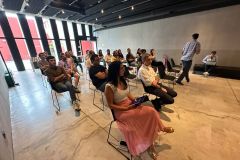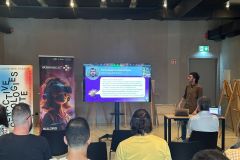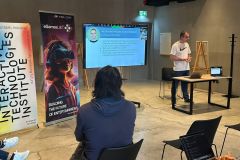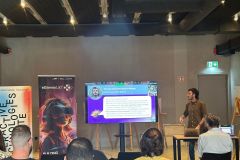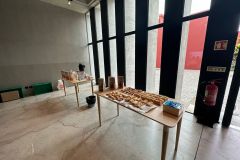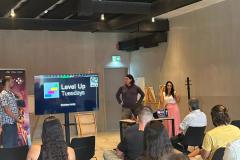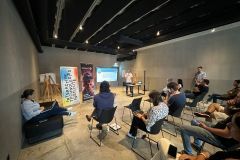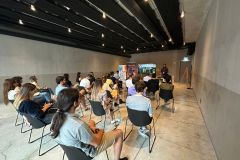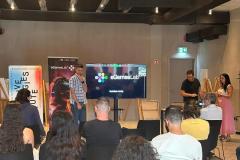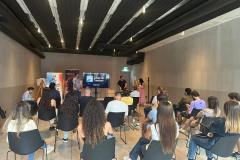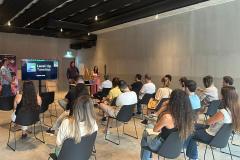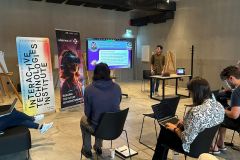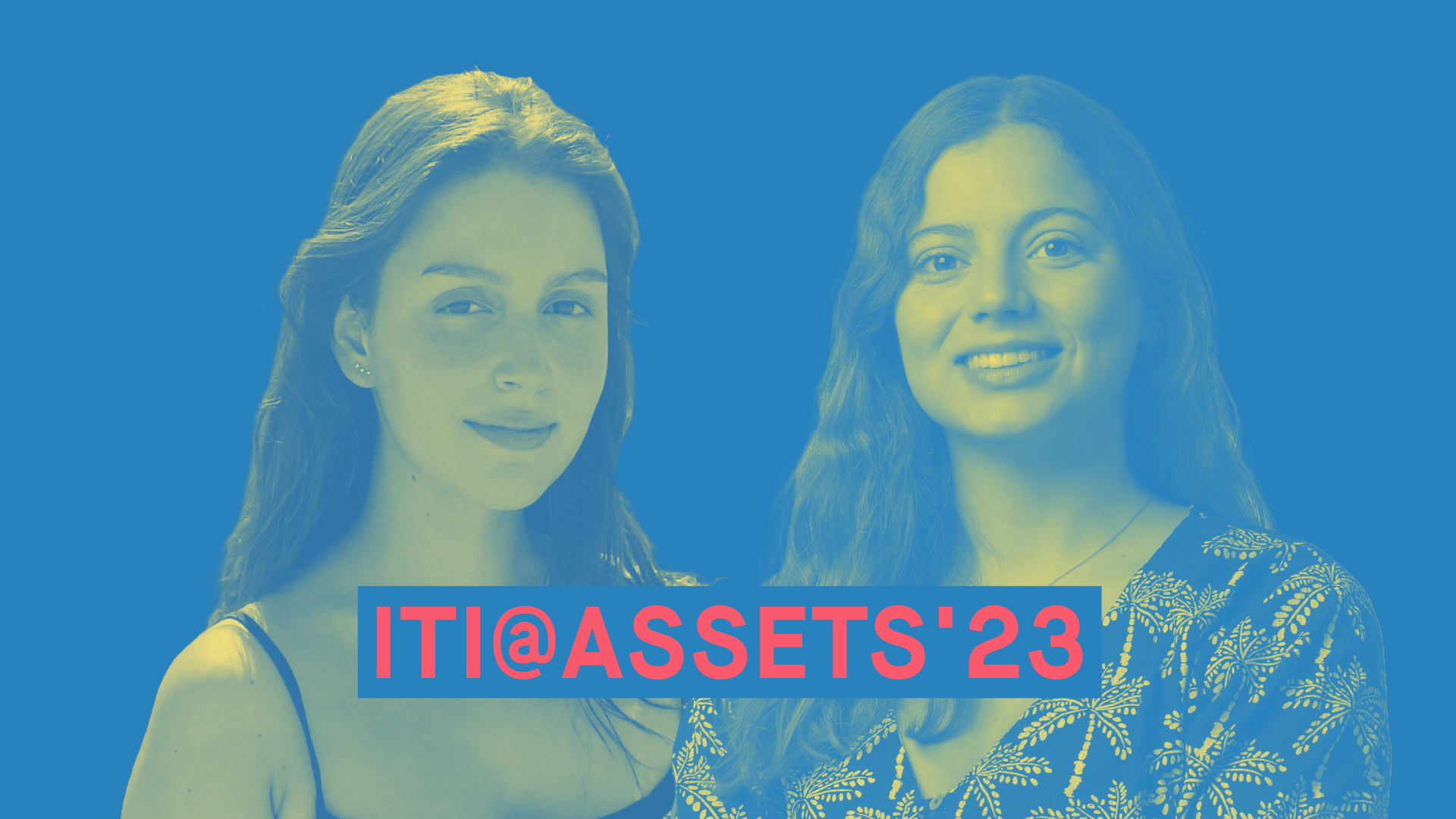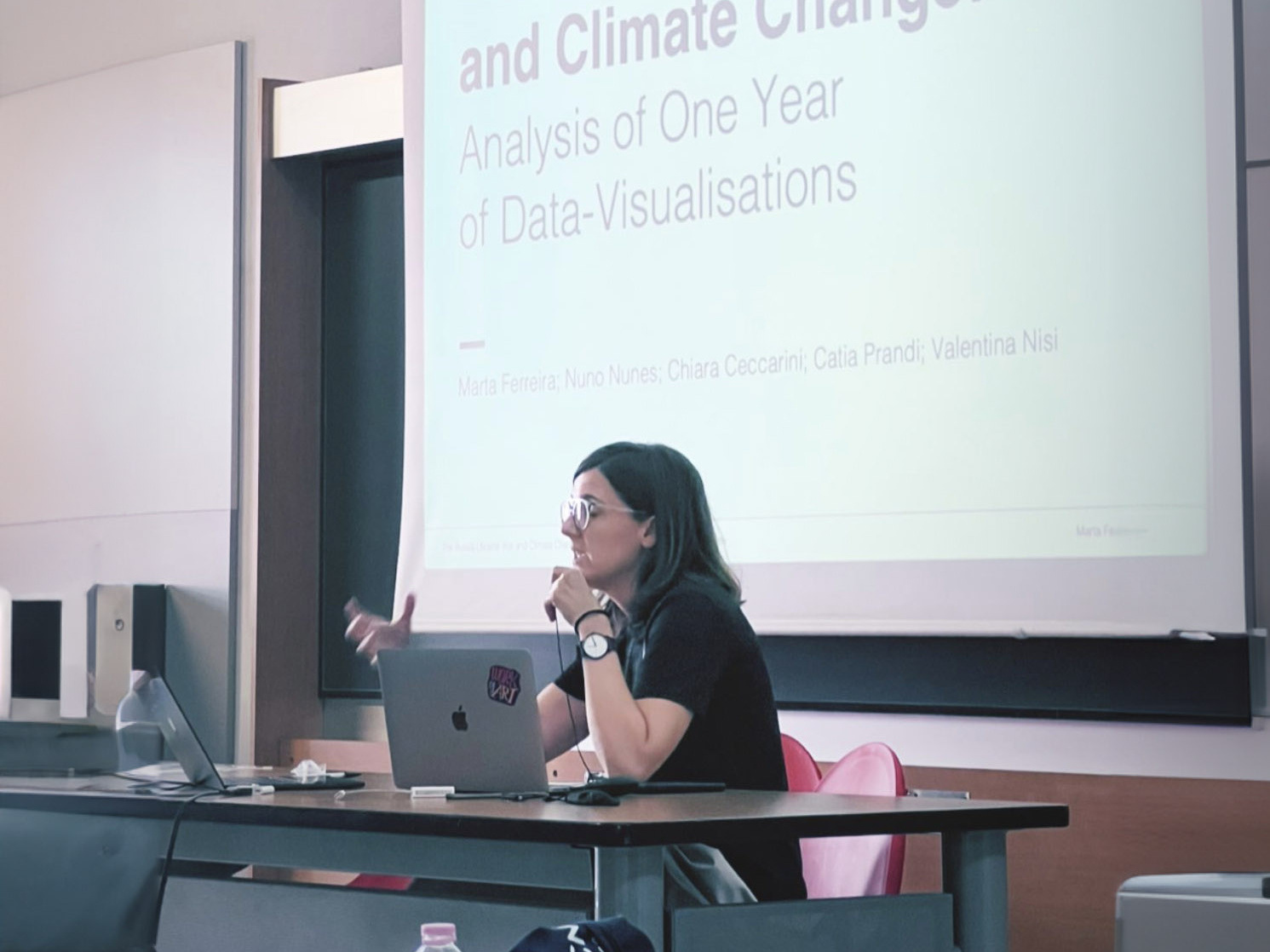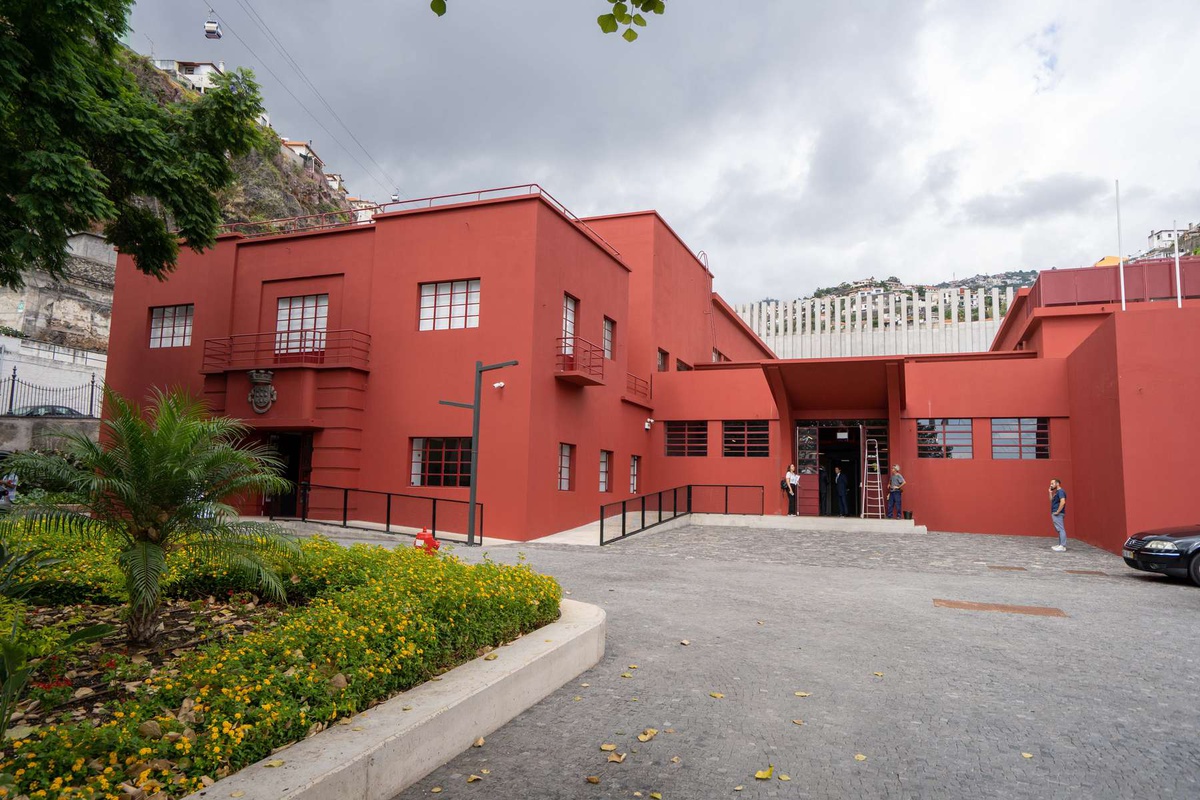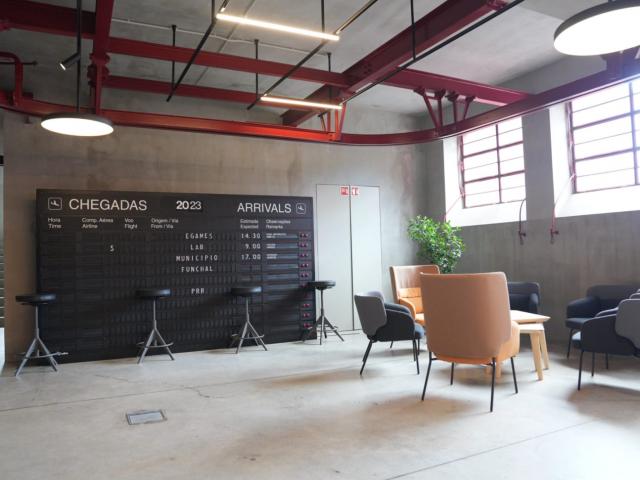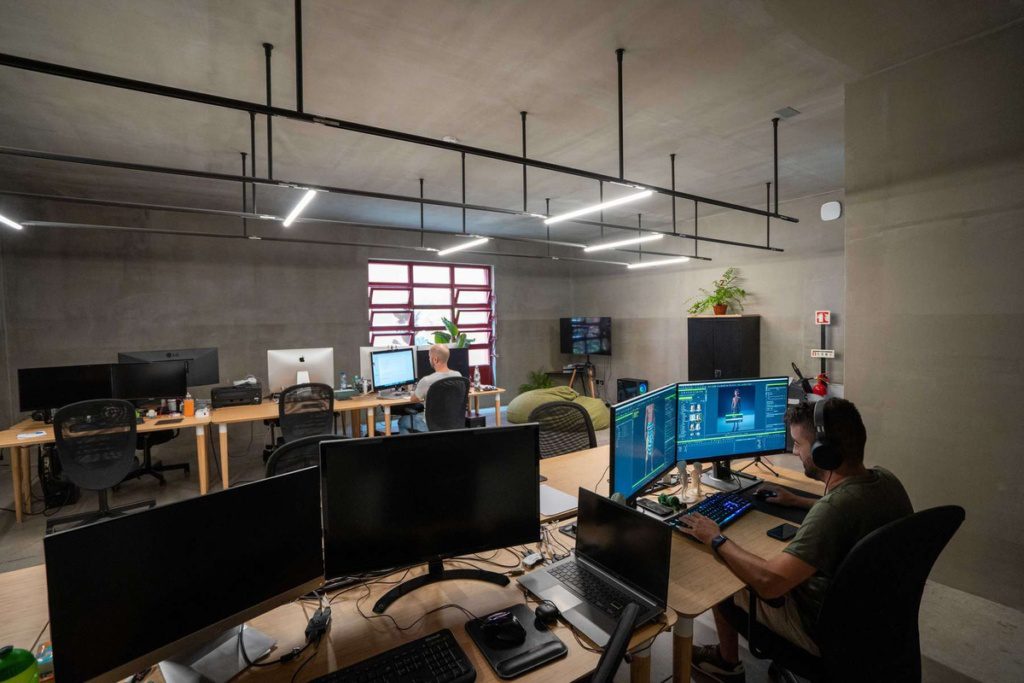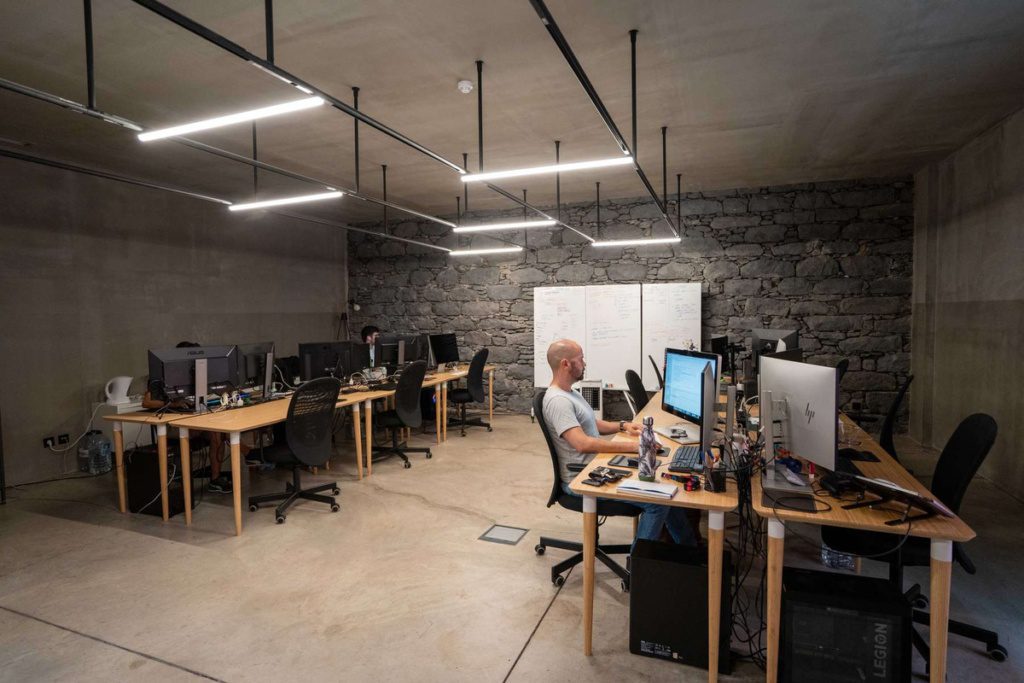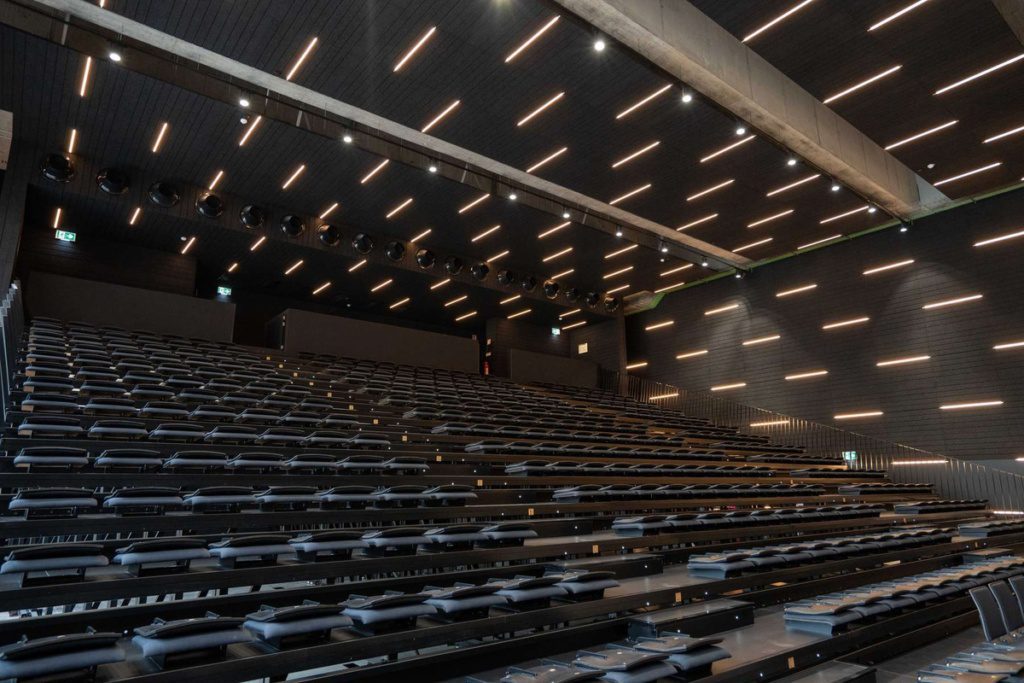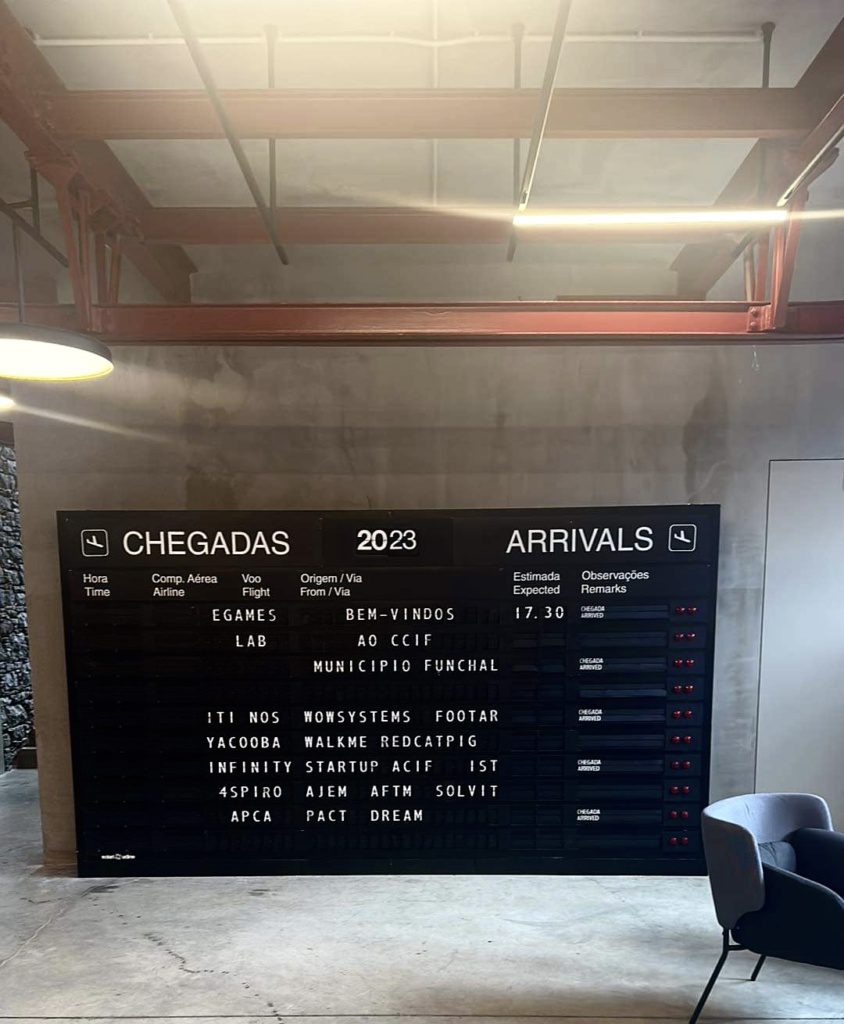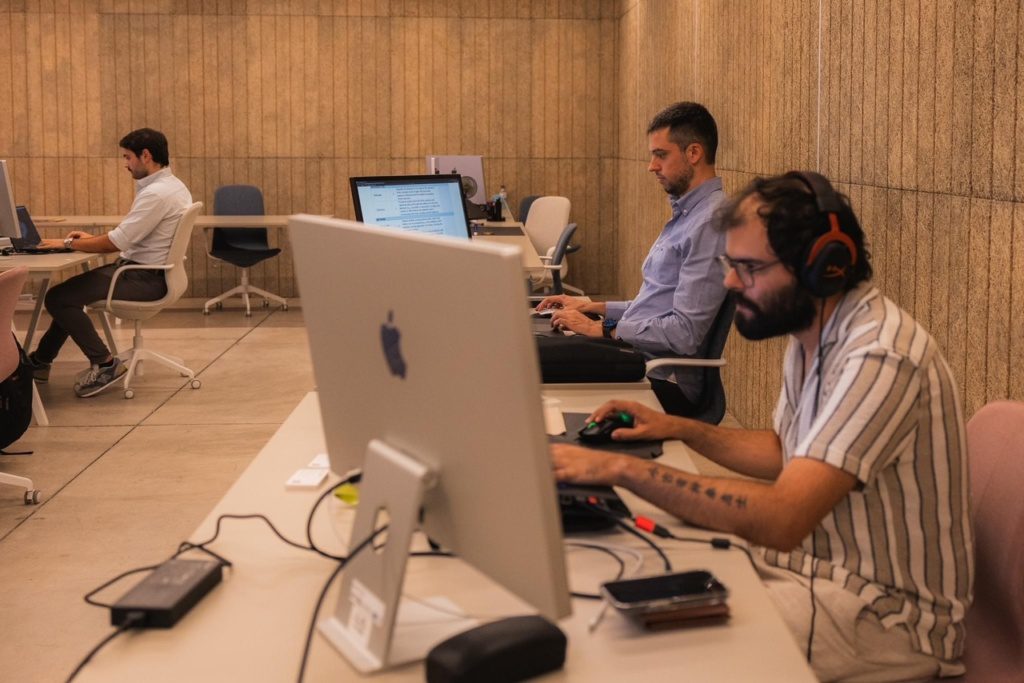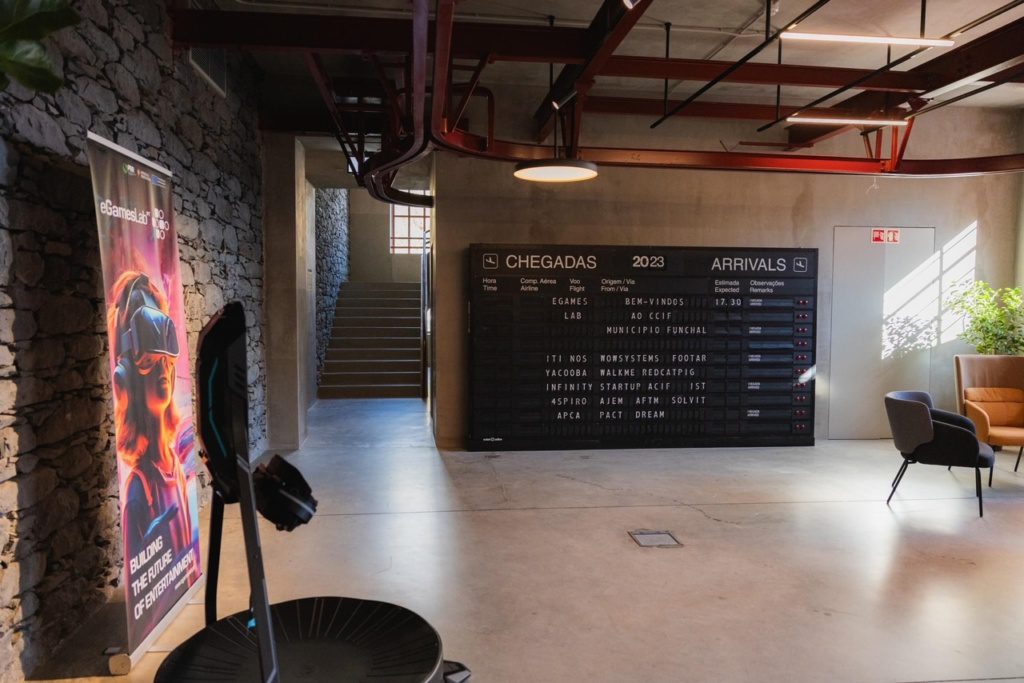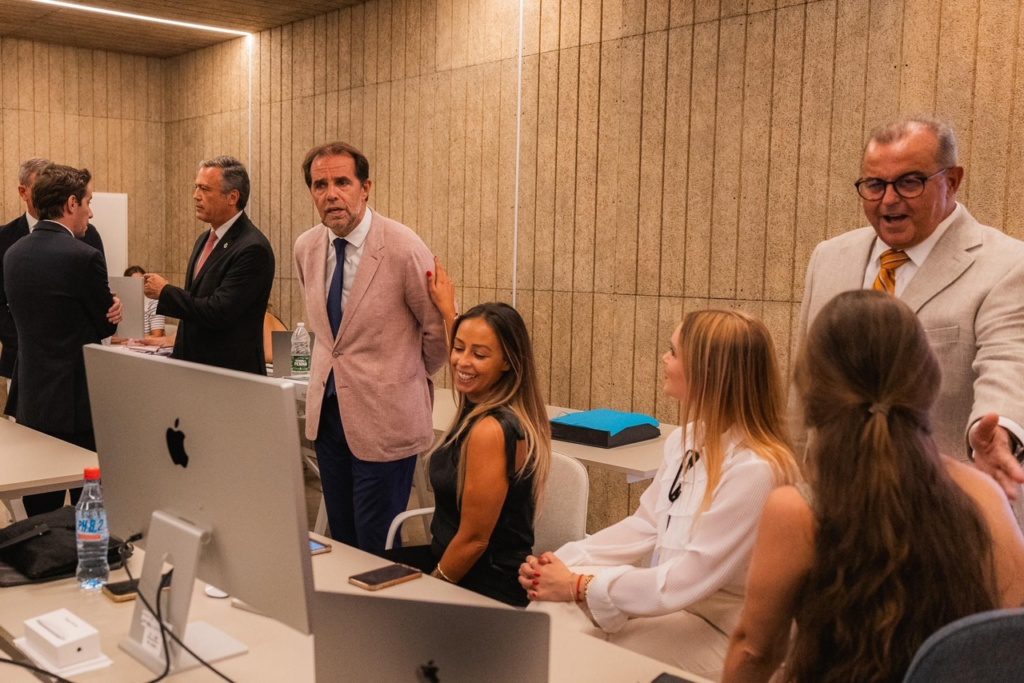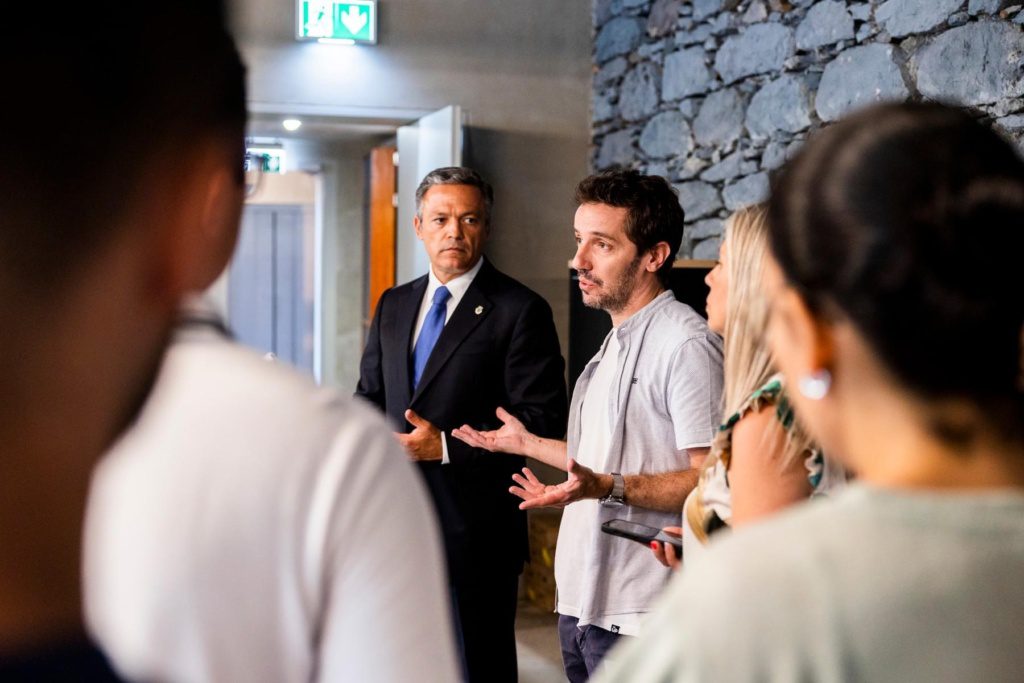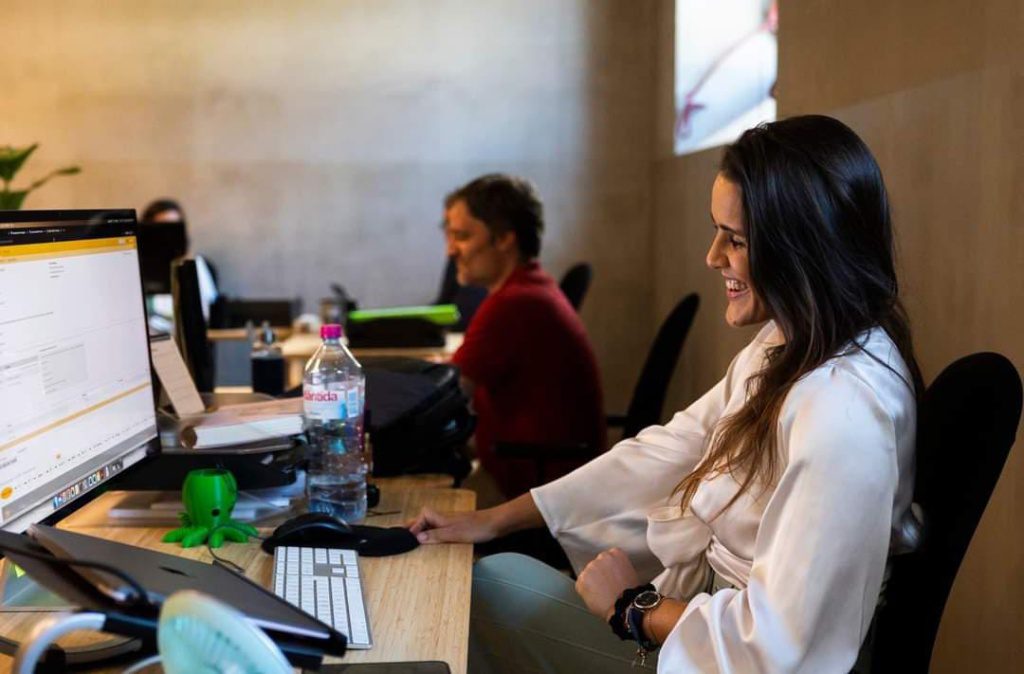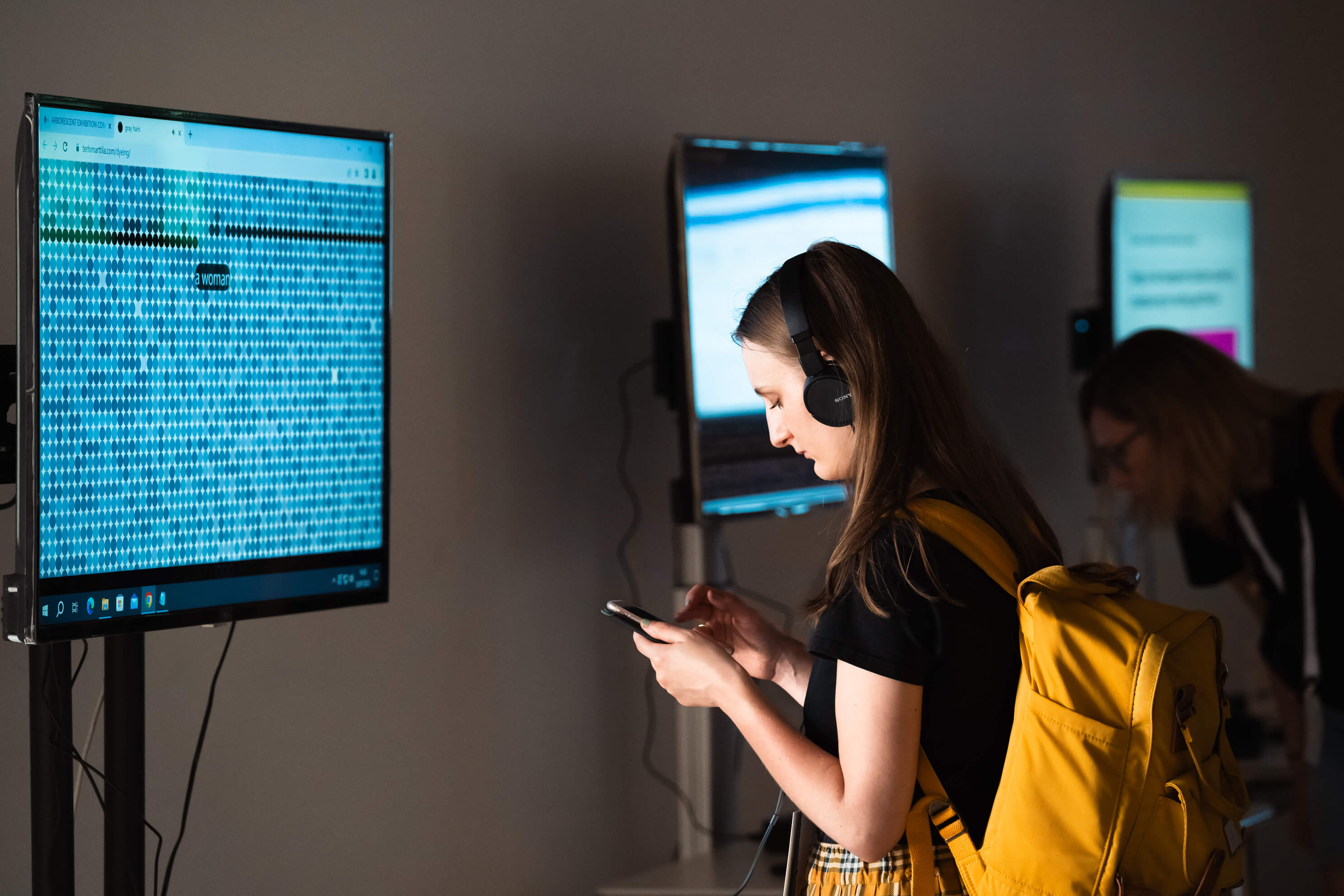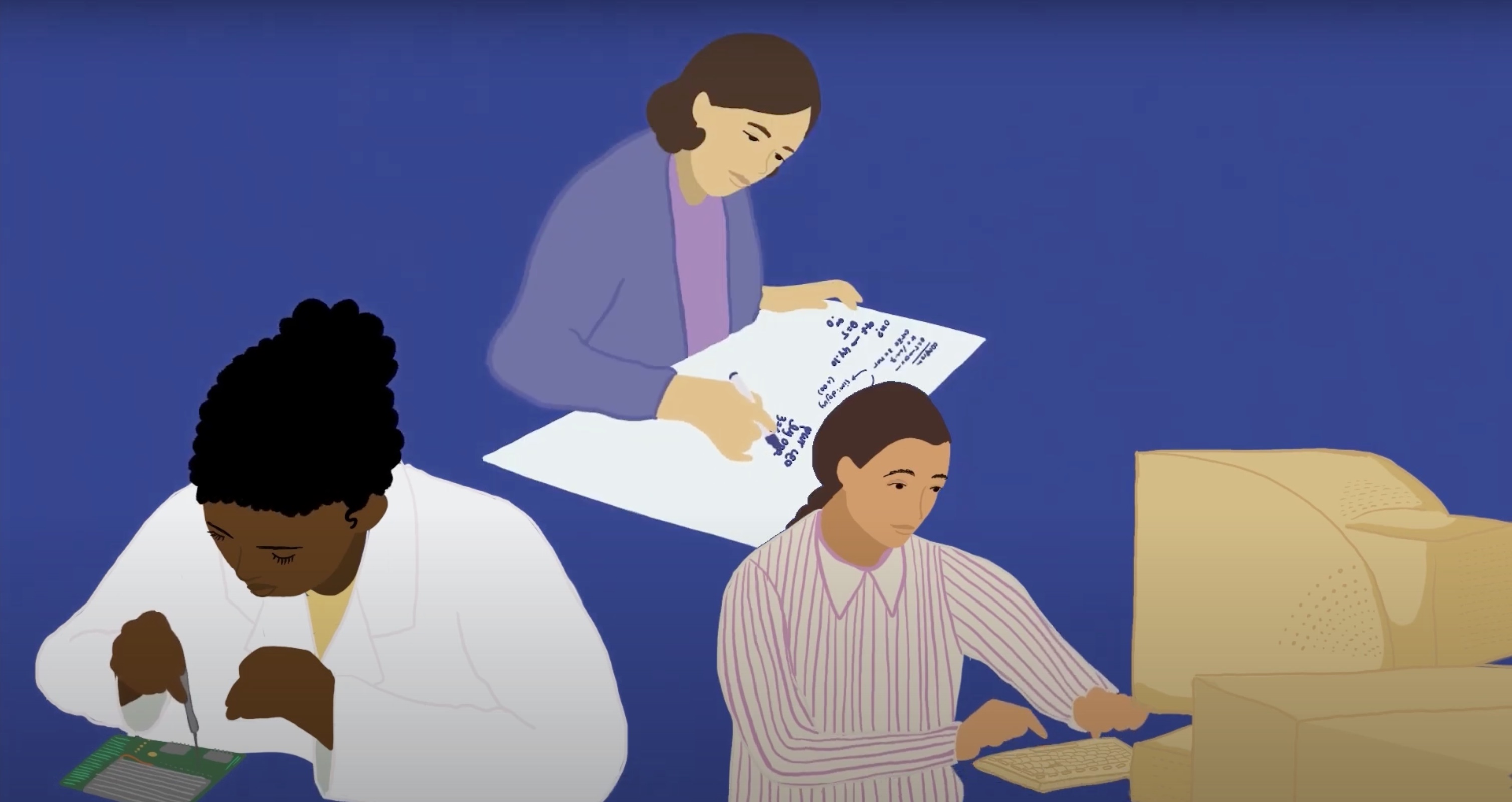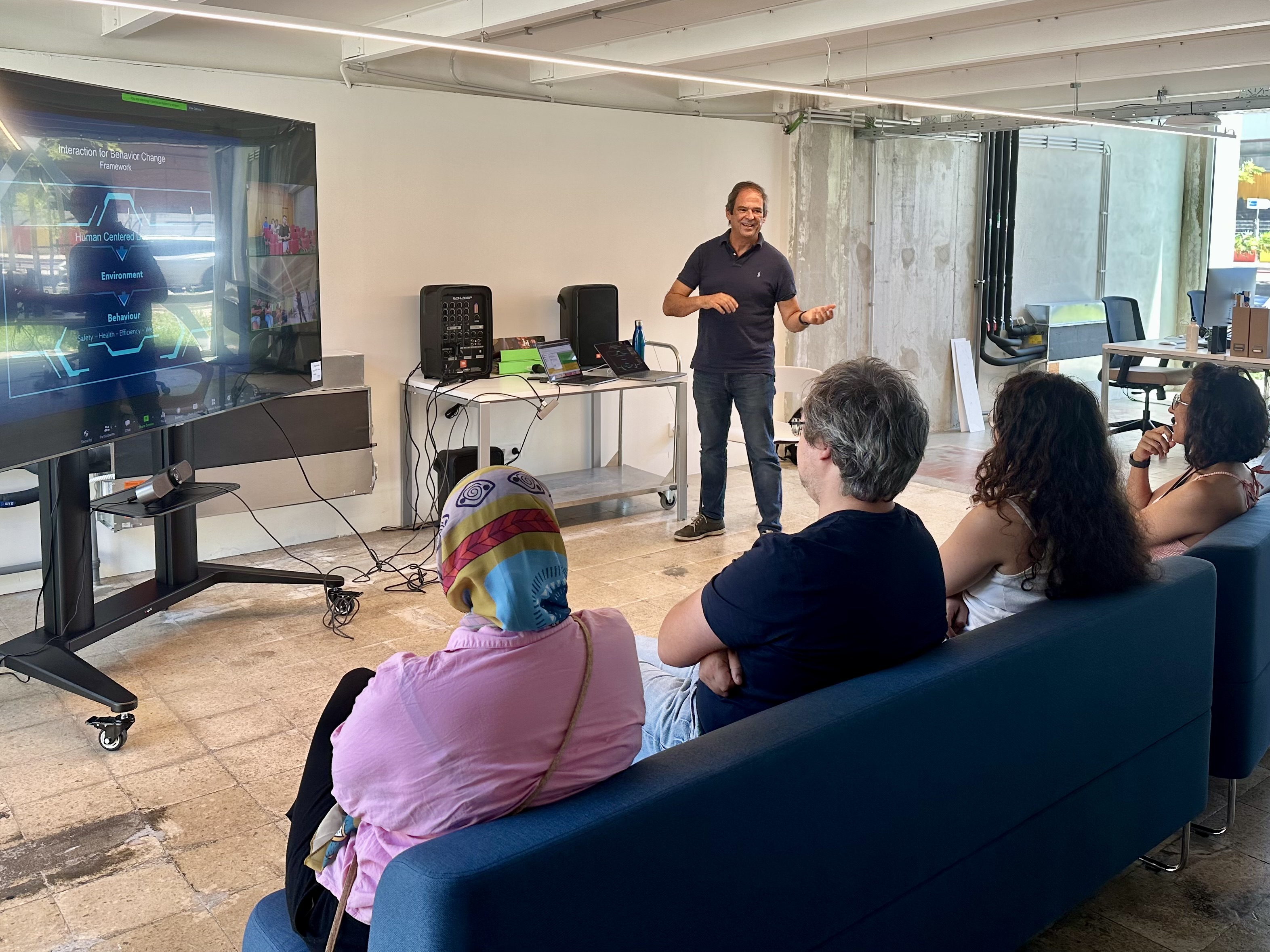The Interactive Technologies Institute has secured a strong presence at the International Association of Societies of Design Research (IASDR) Congress 2023. It is a highly anticipated global gathering of design researchers, scholars, and practitioners set to be a transformative event in the design world. This year’s edition is hosted in the vibrant city of Milan, known for its creative energy. The Interactive Technologies Institute is represented by several researchers presenting full papers and pictorials.
11 October, 09h50
Exploiting co-design, game thinking and citizen science in a workshop-like experience for stimulating reflections with teens, by Chiara Ceccarini, Tommaso Zambon and Catia Prandi.
A workshop-style experience involving co-design, citizen science, and game thinking engaged 45 students in creating a low-fidelity mobile application prototype, stimulating discussions on sustainability and digital wellbeing.
11 October, 12h00
The Russia-Ukraine war and climate change: Analysis of one year of data-visualizations, by Marta Ferreira, Nuno Nunes, Chiara Ceccarini, Catia Prandi and Valentina Nisi.
The study explores how the Russian-Ukraine conflict is connected to climate change through 202 data visualizations, revealing a focus on energy and finance, with limited narrative and chart types in data visualization strategies.
11 October, 12h00
Fostering social inclusion: Empathic approaches for migrant-centred design, by Vanessa Cesário, Paulo Bala, Shuhao Ma and Valentina Nisi.
Empathic design approaches involving long-term migrants were used to create design artifacts reflecting migration experiences, emphasizing the importance of empathic design in promoting social inclusion for marginalized communities.
11 October, 12h15
Mapping the research landscape of the gig work for design on labour research, by Shuhao Ma, Valentina Nisi, John Zimmerman and Nuno Nunes.
The paper bridges a research gap by exploring the intersection between design and gig work, presenting a service landscape of gig work, HCI research contributions, and emerging research topics to address worker-related concerns.
11 October, 15h15
A design-driven approach to distributed ledger technologies for small farmers communities: A case study in Portugal, by Sabrina Scuri, Catarina Ribeiro and Valentina Nisi.
The paper suggests a shift from technology-driven to user-centred design in DLT applications for agriculture, emphasizing the need to involve communities to achieve a sustainable and inclusive food supply chain.
12 October, 10h00
More than human empathy: a caring approach to ecosystemic design, by Mariana Pestana.
The paper advocates for a caring approach to design with more-than-human empathy, discussing a design Biennial during the COVID-19 pandemic that explores post-anthropocentric paradigms in design and the relation between human and non-human entities.
12 October, 10h15
Aqueous logics: Towards a hydro feminism approach to sustainability, by Beatrice Maggipinto, Valentina Nisi, Nuno Nunes and Tom Ainsworth.
This paper examines the relationship between eco-feminism, ocean conservation, well-being, and sustainability, highlighting an aqueous logic that emphasizes mutual care and embodiment in the discourse on sustainability, nature conservation, and climate change.
13 October, 10h10
Using cultural probes to understand students’ mental wellbeing, by Neeta Khanuja, Madalena Freire, Joana Lameiras, Hugo Nicolau, Jodi Forlizzi and Valentina Nisi.
A probe study investigates the perception of mental well-being and support services for university students, providing insights and sensitizing concepts for designing mental well-being support for students.
With a focus on sustainability, inclusivity, and emerging technologies, the IASDR Congress 2023 aims to inspire and shape the future of design by fostering collaboration and dialogue among creative minds from around the world. It’s a unique opportunity for participants to engage with the latest design research, explore new frontiers, and network with like-minded individuals who share a passion for pushing the boundaries of design.
